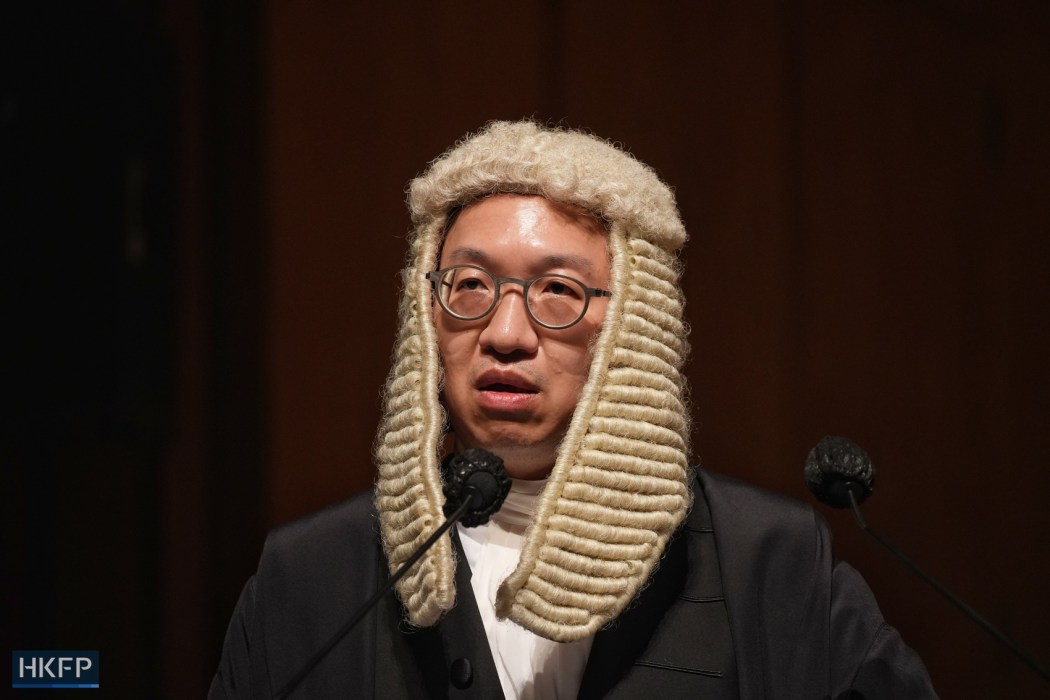The case of a Hong Kong national security judge who was censured by a higher court for copying demonstrates that the legal system can correct its mistakes, according to justice minister Paul Lam.
His comments came after Wilson Chan, one of Hong Kong’s handpicked national security judges, received a “serious reprimand” from the Chief Justice of the Court of Final Appeal Andrew Cheung for copying much of his judgement in a civil case about a trademark dispute.

The Court of Appeal ordered a retrial after the defendant appealed on the grounds that Chan had committed judicial copying. The defendant said the judge had copied “over 98 per cent” of his judgement from the plaintiff’s submission.
One of Chan’s judgements was questioned again in another civil case last Thursday at the appeal court, where Judge Susan Kwan said the court would give “little to no weight” to it.
The appellant in that case also accused Chan of copying his ruling, and questioned whether he had exercised independent thought when handling the case.
Lam, in an interview with media outlets including Sing Tao and RTHK published on Tuesday, said the incident showed that there was a good appeal mechanism and that the judiciary could correct its mistakes.
“Actually our legal system has a high self-correcting capability,” said the justice minister. “What happened was that the trial judge made a mistake. Whatever the mistake was, we have a very good appeal mechanism, and it was a ground for appeal accepted by the Court of Appeal.”
“Will the [appeal court] judges be more lenient because [Chan] was a judge as well? That was not the case. As it turns out, if a higher court judge thought that a lower court judge did not handle some matter well they will use a very direct and public way to explain,” said Lam.
“If you view it from this perspective, it is a reflection of the system’s transparency and it is an effective mechanism.”

The justice secretary added that the top court’s chief judge had used appropriate means to ensure that a similar mistake would not happen again.
The Judiciary said that Cheung, apart from the serious reprimand, also noted that judicial copying would affect the public confidence.
“[Cheung] thinks that copying is unfair to both the plaintiff and defendant, and it will also affect public confidence in the Judiciary, and is completely unacceptable,” it said.
Chan is currently handling the government’s application for an injunction to ban the distribution of pro-democracy protest song Glory to Hong Kong with criminal intent.
The High Court judge dropped out from a landmark national security trial involving the case concerning 47 democrats, citing health reasons. Chan was replaced by another judge.
Support HKFP | Policies & Ethics | Error/typo? | Contact Us | Newsletter | Transparency & Annual Report | Apps
Help safeguard press freedom & keep HKFP free for all readers by supporting our team
























